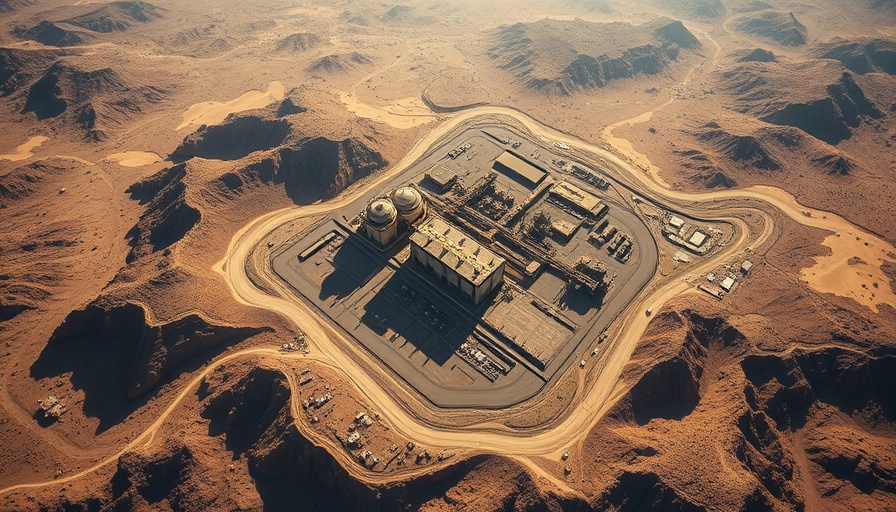
Assessing the Dangers of U.S. Military Strikes on Nuclear Facilities
The recent U.S. aerial strikes on Iran’s nuclear sites have ignited a heated debate about the potential dangers associated with targeting such facilities. As geopolitical tensions escalate, understanding both the immediate impacts and longer-term implications of military action becomes vital.
The Impacts of Bombing Nuclear Sites
On June 22, 2025, the U.S. launched significant airstrikes on Iran's nuclear infrastructure, including the facilities at Fordow and Natanz, employing powerful bunker-busting bombs. While there were immediate concerns about the potential for radioactive contamination and the environmental consequences of such an attack, experts have clarified that a direct hit on nuclear facilities would not trigger a nuclear explosion, contrary to popular fears. These facilities rely heavily on precise engineering to sustain a nuclear reaction—something not achieved through indiscriminate bombing.
The Nature of Infrastructure Damage
From available satellite imagery, it appears the strikes caused substantial superficial damage at Fordow and heavy damage at Isfahan, with numerous buildings obliterated as per reports from international security experts. The International Atomic Energy Agency (IAEA) has highlighted that while significant structural impacts occurred, complete collapse of the facilities did not take place. Such insights are crucial as policymakers weigh future military actions against potential diplomatic avenues.
Radiological and Environmental Considerations
The environmental ramifications of such military operations cannot be overlooked. The presence of enriched uranium particles poses distinct risks, which, if dispersed, could have implications for surrounding ecosystems and public health. Additionally, the U.S. strikes might impact the relationship dynamics between Iran and the global community, influencing future nuclear diplomacy.
Motivations and Consequences of Military Engagements
Military interventions in nuclear contexts raise key ethical questions. While the aim is often portrayed as ensuring national security, such actions may provoke retaliatory responses and further destabilize regions. The surge in defense measures and military spending—in areas including aerospace—highlight the continuous spiral of escalation that ensues following military confrontations.
As geopolitical tensions continue to shape the narrative around security, understanding the consequences and ethical implications of targeting nuclear sites is more relevant than ever. The dialogue surrounding these strikes encapsulates the intricate balance between defense, diplomacy, and global stability.
 Add Row
Add Row  Add
Add 




Write A Comment